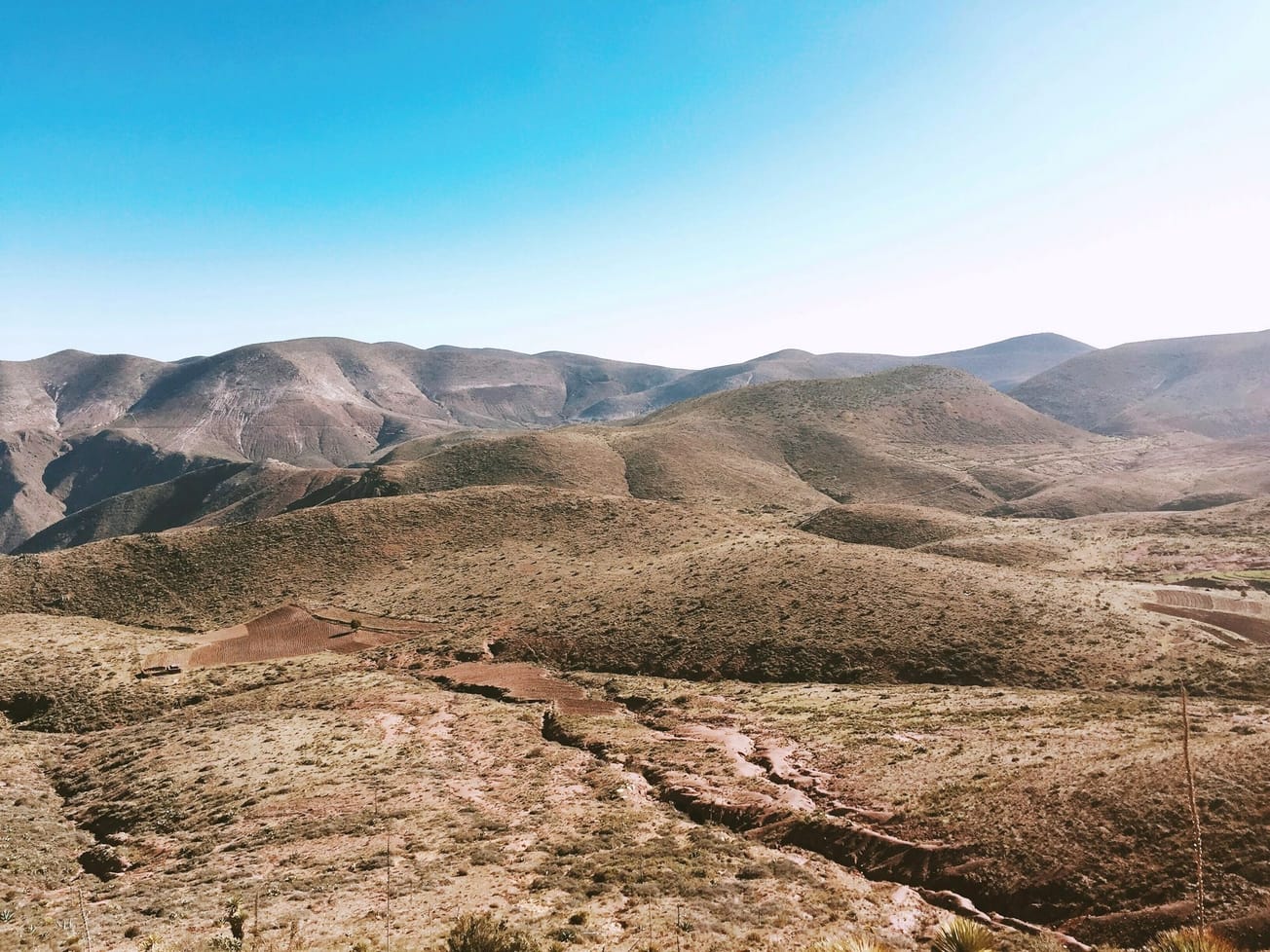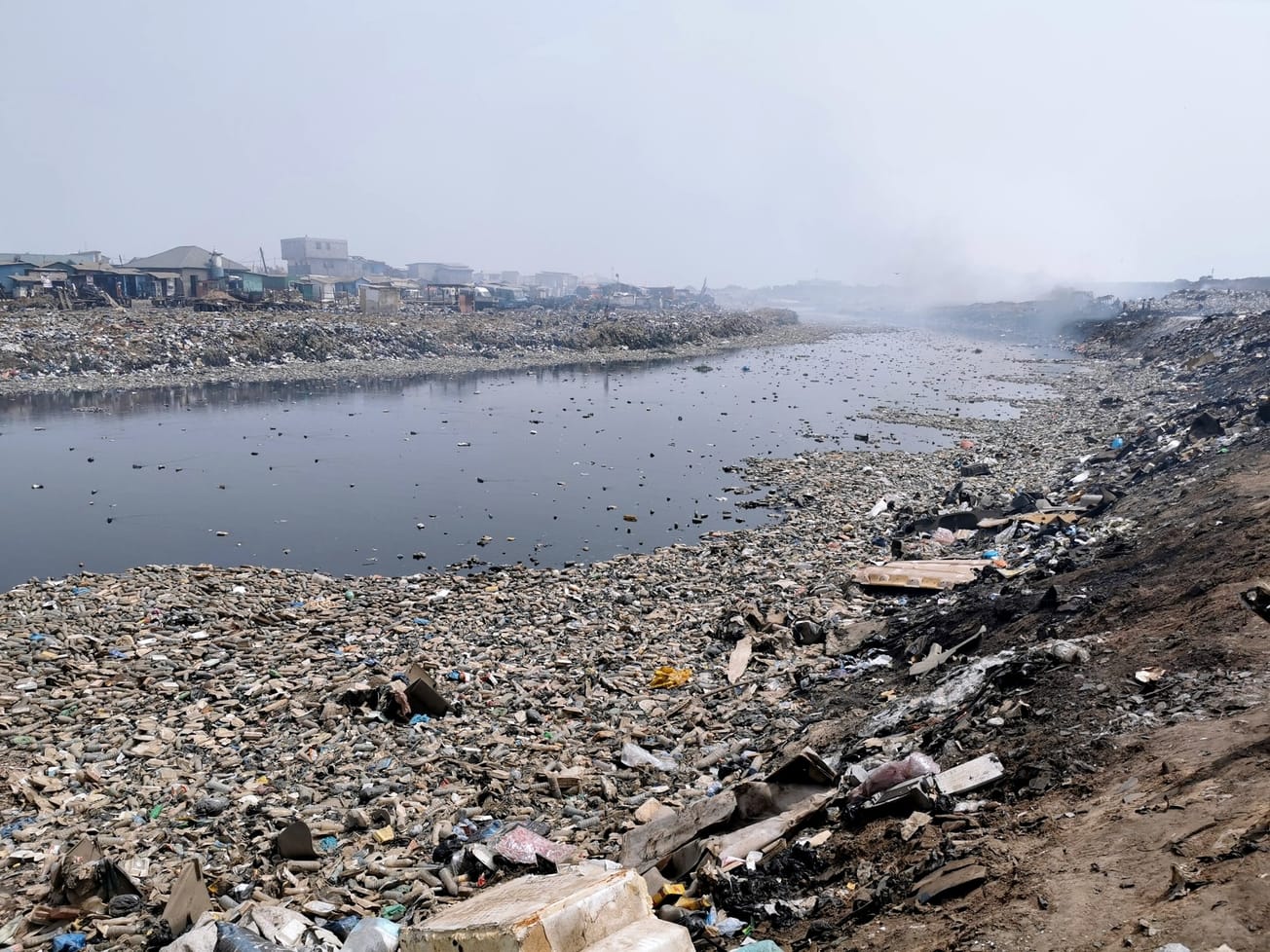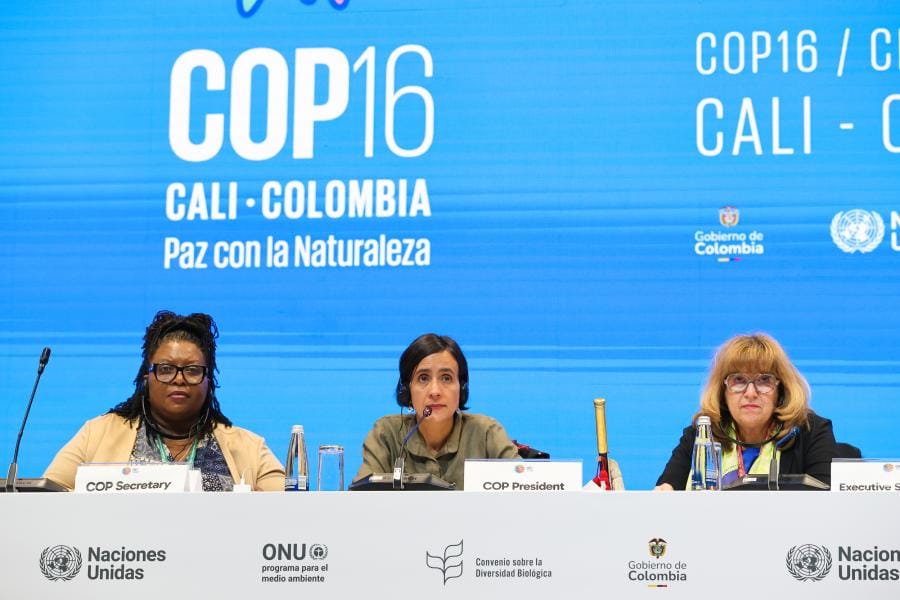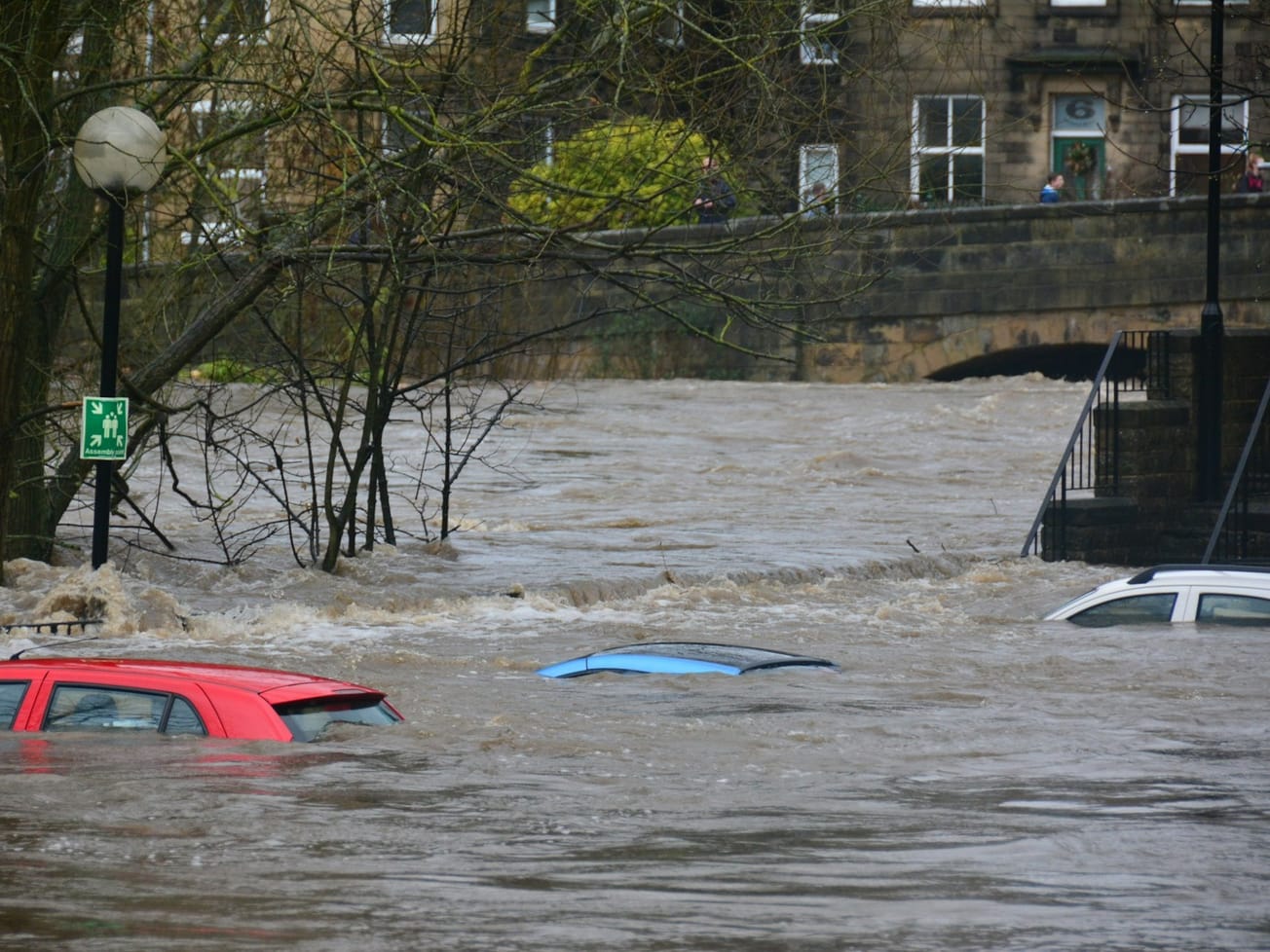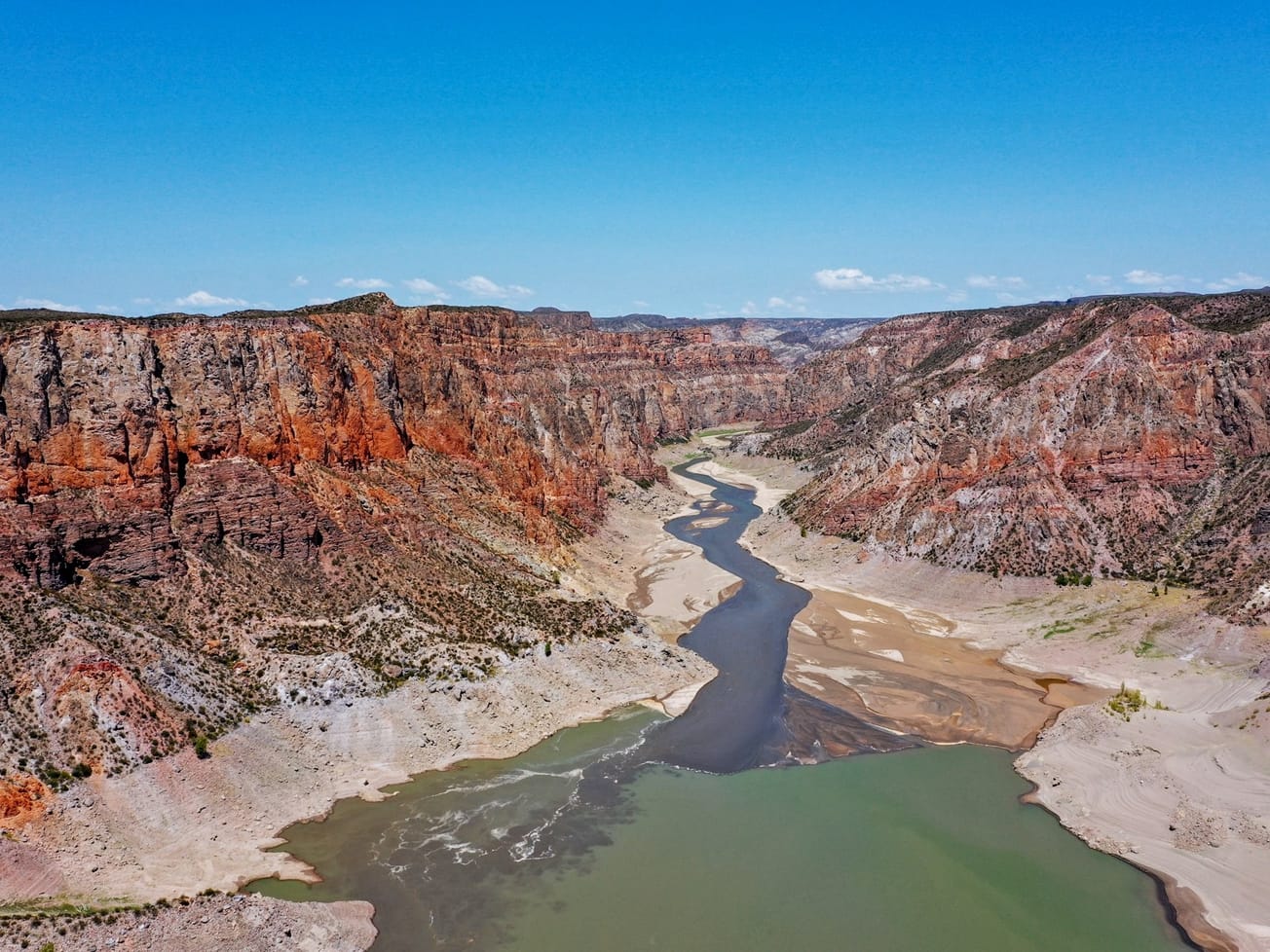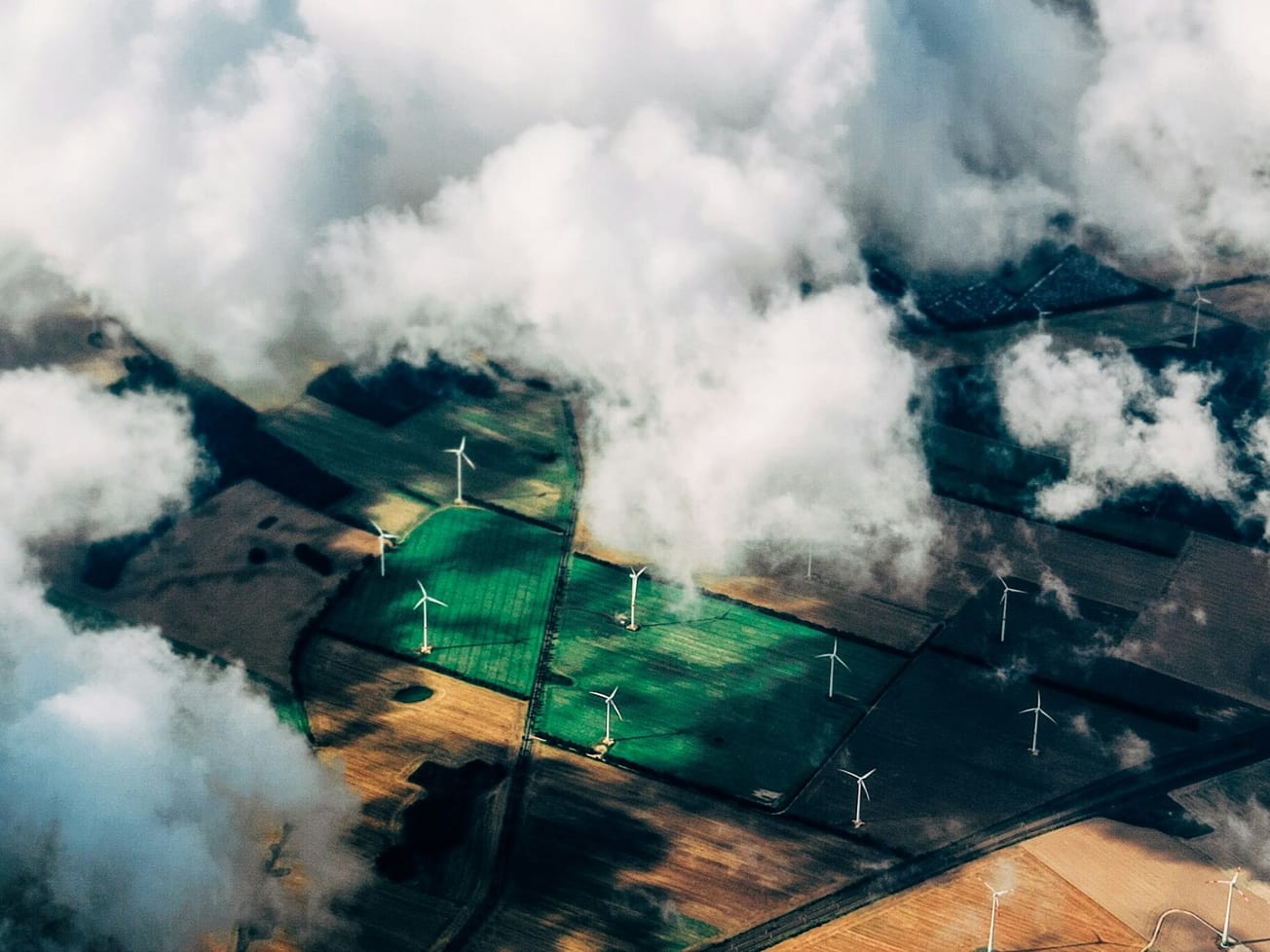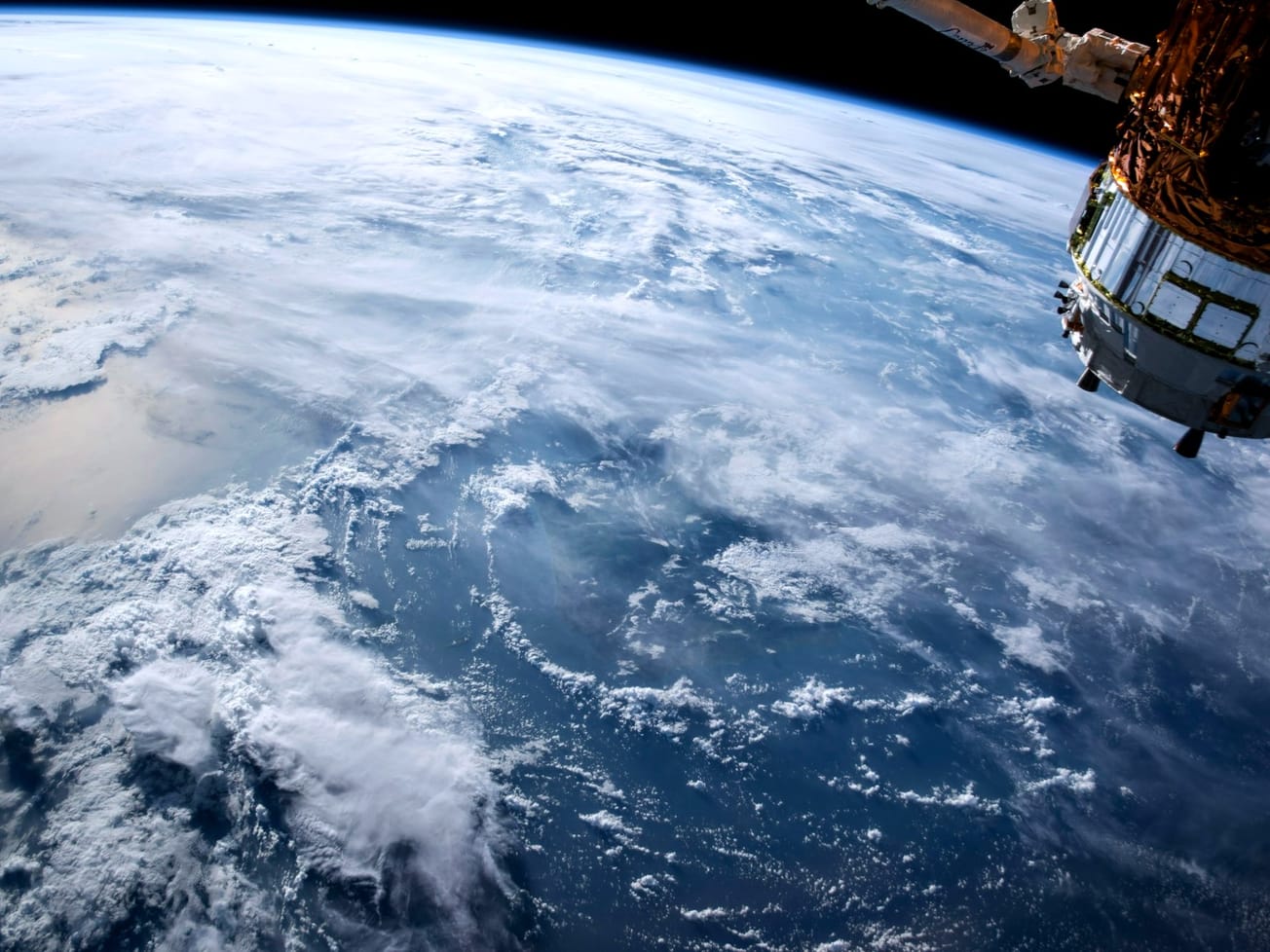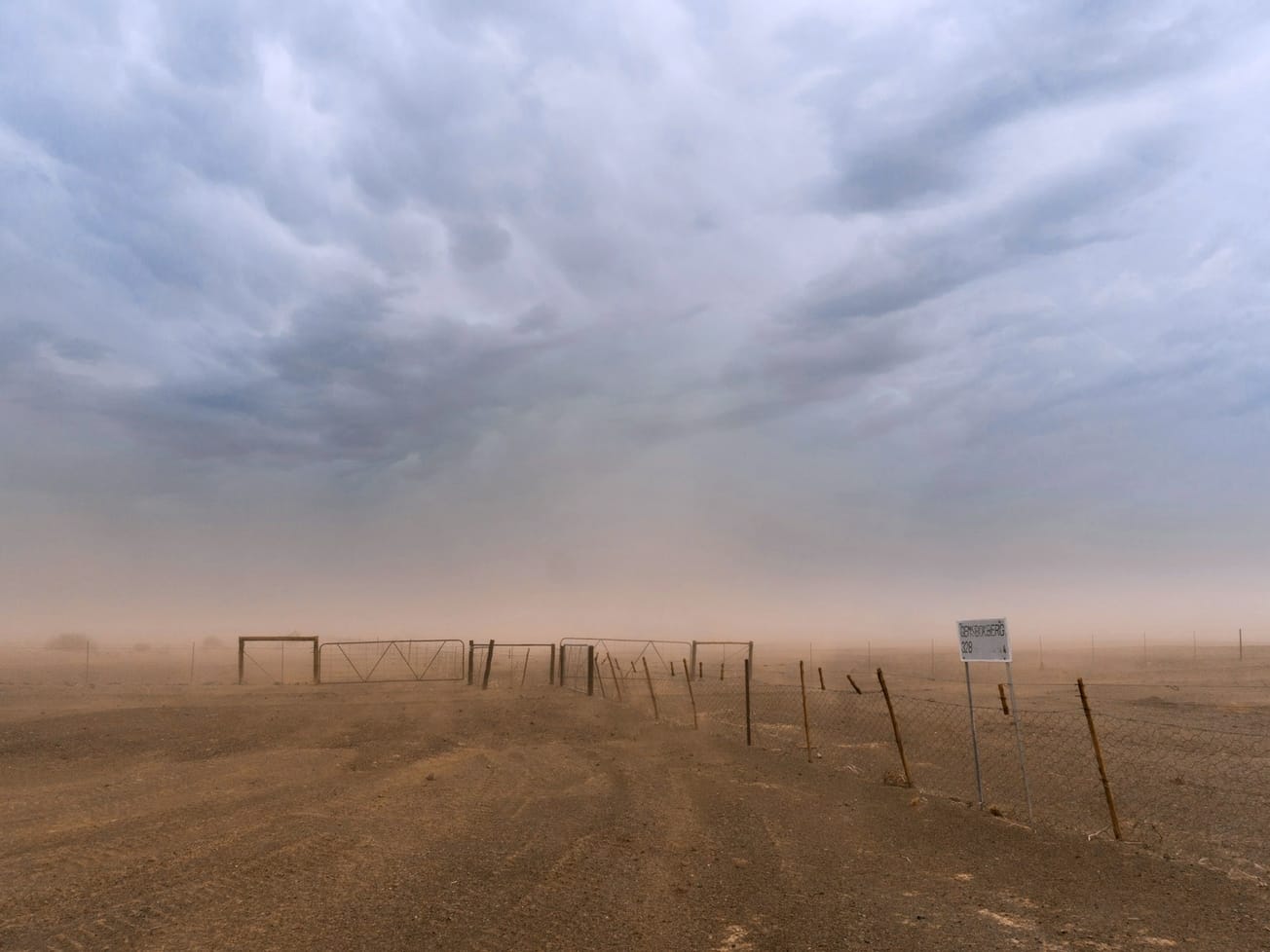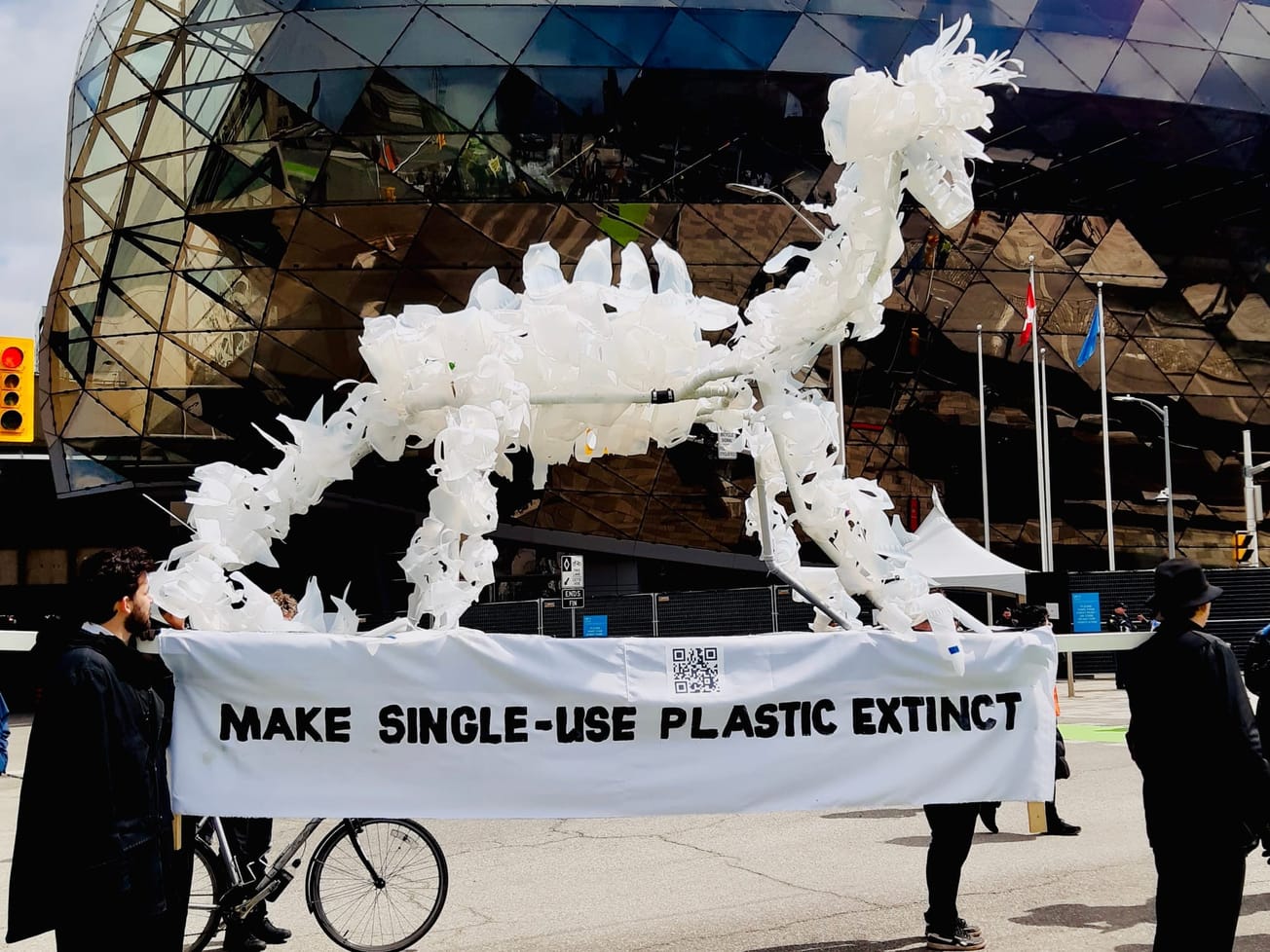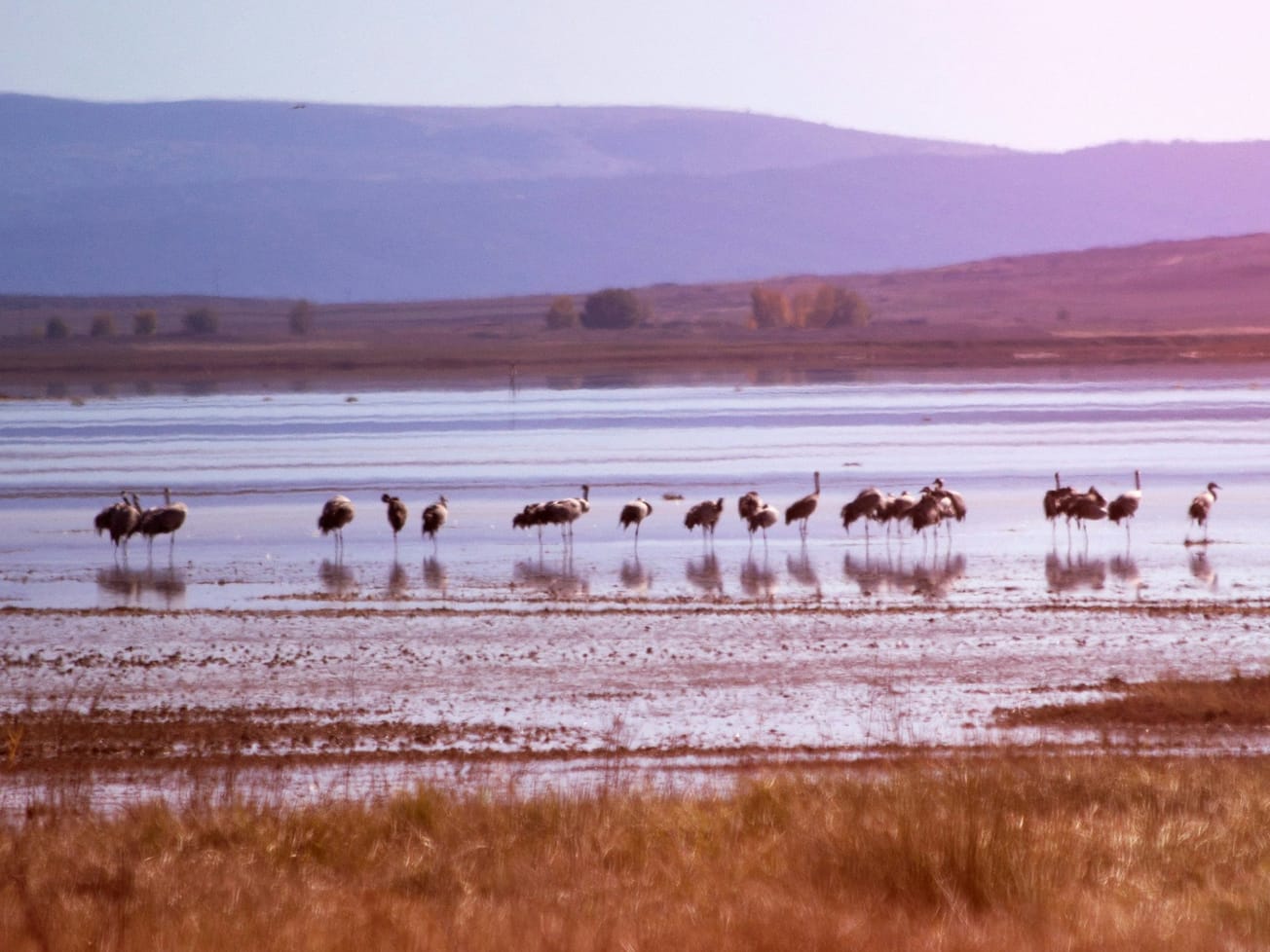
U.N.-brokered biodiversity financing deal keeps green diplomacy alive
Three days of talks in Rome ended with nations agreeing to support a $200 billion a year global plan to protect nature.
International energy and environment policy largely focuses on a rapid transition towards renewable energy sources, with a major emphasis on solar and wind power, as governments invest in clean energy technologies and aim to significantly reduce carbon emissions, with the goal of limiting global warming. Key developments include increased trade policies around clean energy technologies, a decline in coal usage, and a growing push for a complete phaseout of fossil fuels.

Already have an account? Log in
Three days of talks in Rome ended with nations agreeing to support a $200 billion a year global plan to protect nature.
People living in drylands doubled to 2.3 billion, more than a quarter of the world population, in the past three decades.
Nations for plastic production limits and oil-rich producers deadlocked in the hours before the talks were set to expire.
Negotiators are meeting in Busan, South Korea to conclude the world's first legally binding plastic waste treaty.
World leaders failed to reach agreement over who should pay what into which fund toward the global biodiversity goals.
Scientists say at least 16,425 tree species are at risk of extinction as agriculture expands and the climate changes.
A report found a 73% drop in wildlife populations since 1970 and said nations must tackle the climate and nature crises.
An international team of scientists finds a growing number of the planet’s key climate indicators have reached record levels.
The U.N. weather agency calls for urgent action to protect water supplies, the ‘canary in the coalmine of climate change.'
A new IEA report shows that tripling renewables and doubling energy efficiency can be achieved with 'enabling' conditions.
The U.N. chief calls on all nations to adopt a newer measure for phasing out powerful climate-warming chemicals.
A U.N. report says at least 25% of global dust emissions that scatter on land and ocean come from human activities.
Negotiators released new U.N. proposals to share revenues from drugs, cosmetics, and agricultural biotechnology.
Building debris may take $647 million and 15 years to clean up. Around 800,000 tons might qualify as hazardous waste.
Environmentalists said they were disappointed the treaty talks did not address plastic production measures.
The chair of the talks called for optimism despite divisions among plastic-producing nations and those urging restraints.
